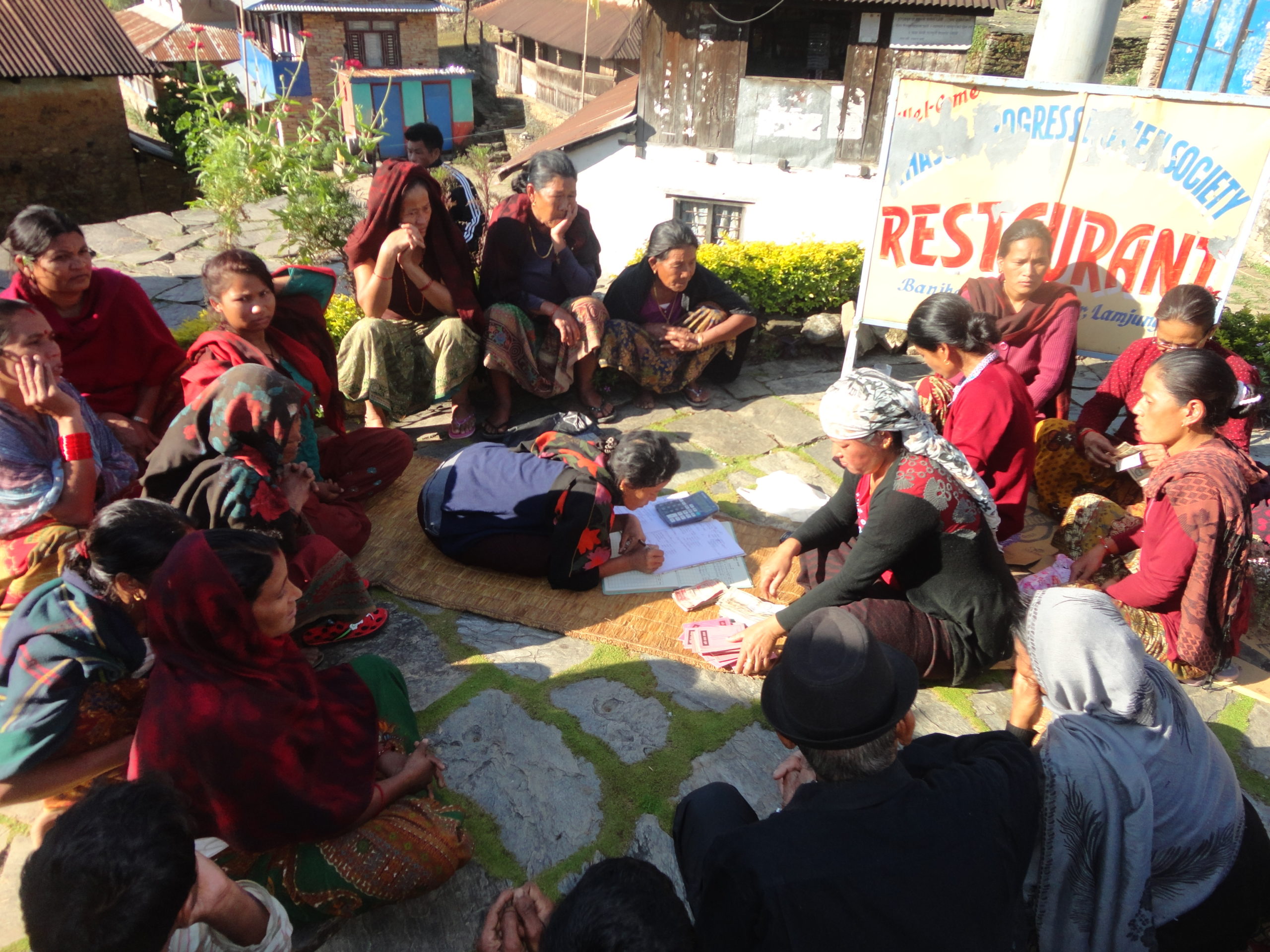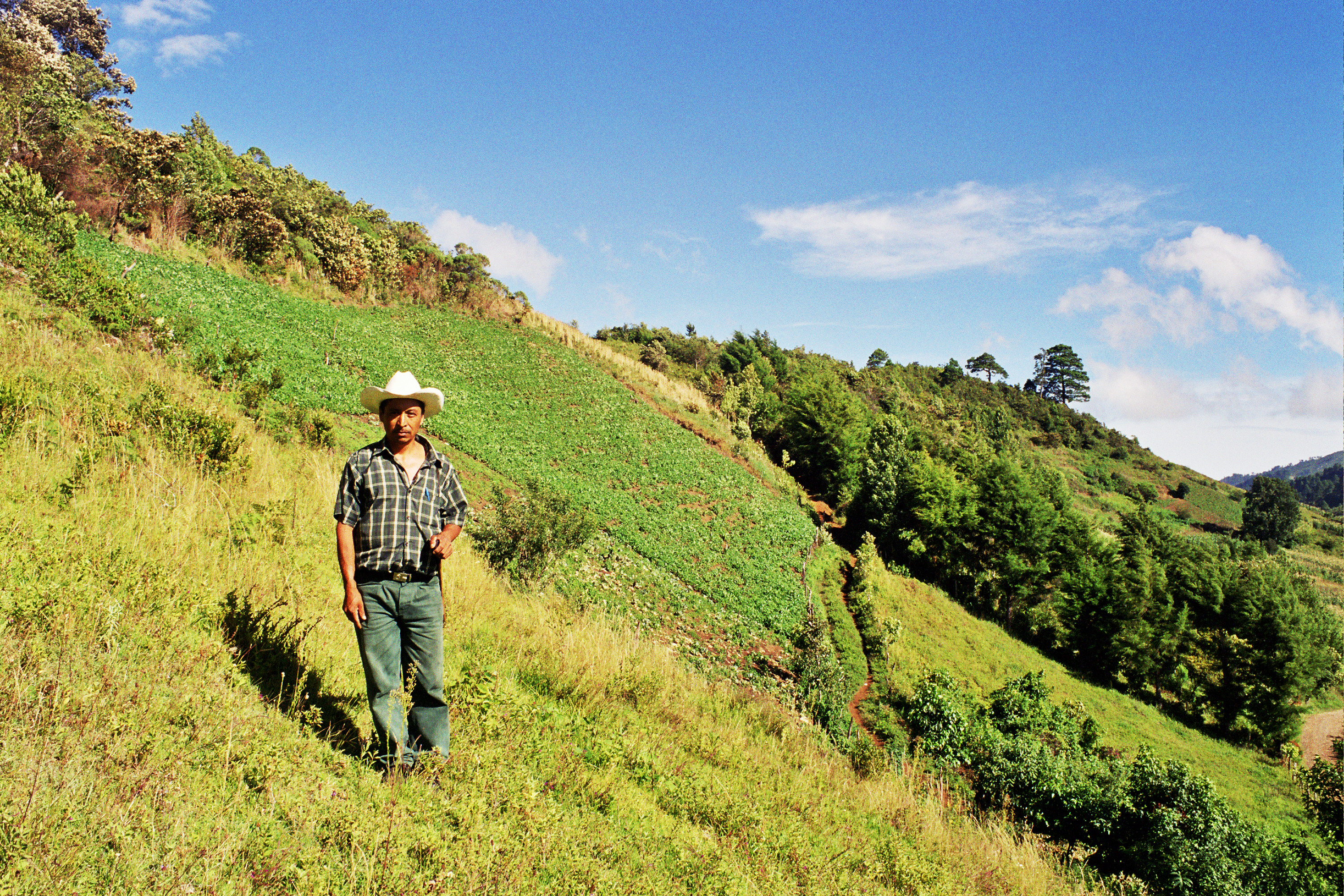Justice in Nepal’s REDD+
“I feel more empowered being involved in REDD+ for the last three years and can speak with confidence on different issues of indigenous peoples. It is not because of politics but as I am involved in a lot of REDD+ trainings, I got to know more about indigenous rights and provisions”. “I received buffalo-calf from the user group but I do not know anything about REDD+. It’s the same user group under which we have…




